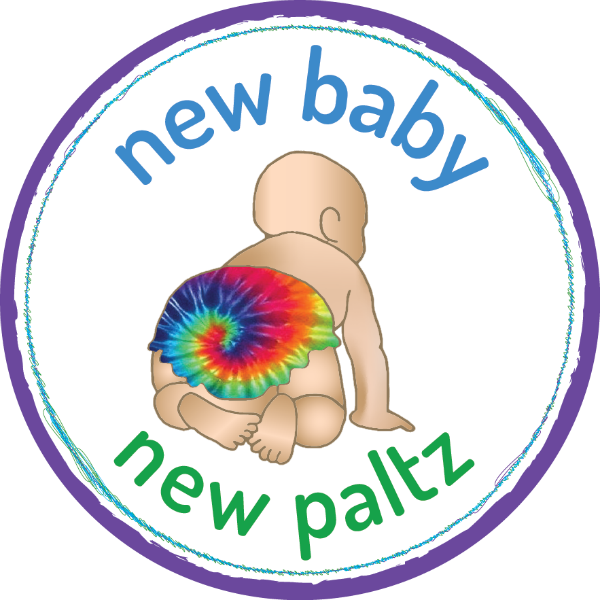
On Kindness
We all had key adults in our lives who guided us as children.
Every one of us had adults who cared about us, fed us, clothed us, disciplined, and encouraged us. It might not have been your mom or dad, but there was someone. And maybe they were compassionate and kind, and maybe they weren't. If they weren't, you learned how to be an unkind parent and at some point, you swore you would never treat your child like that.
And then, you had a baby. And because you care about yourself and your child, you started seeking information and support so that you could be a kind parent and your baby would have a better life than you.
You realize that your parents misunderstood some critical pieces about you. You don't want that for your baby.
Here's the bad news: You are never going to "BE enough" or "DO enough" for your child. You can never understand them completely. You will have disagreements and hate each other. It will happen--and from your child's point of view--it will happen too many times.
In fact, your child needs something to push against; to aim away from. We learn by copying good examples and by avoiding bad examples. Even though you try to avoid being unkind, if you didn't get the parental modeling you needed, there are these challenges.
- How can you keep cool when your baby is crying, or your toddler is melting down, or your child screams, "I hate you, Mommy!"
- How can you respond with kindness?
- How can you know when you are asking too much of your baby or child?
First, take a deep breath.
Admit your imperfection and accept that you are not supposed to be perfect. You are a work in progress.
Second, put aside your "plan."
There are underlying time constraints when you are unkind. You feel overwhelmed and impatient because you are late for work, meals or something else. You think pausing to calm your child will take too much time, but slowing things down to your child's speed is the fastest way to get things back on schedule. It seems counterintuitive, and it really works.
Third, evaluate your baby, or child's, emotional state and offer empathy.
Make eye contact and listen to what they are telling you, verbally and with their body. It feels uncomfortable but you don't have to comment or try to shut it down. They need you to keep breathing and react kindly. If you are upset, they literally can't calm down. So breathe and collect yourself. Consider this: You are telling them to calm down and you can't even calm yourself down!
When they are calm, proceed.
Finally, evaluate the request that triggered the meltdown.
- Did you make a hasty decision that backed you into a corner? Apologize and reconsider with all the information at hand.
- Is your child having a low tolerance and bad mood day? Affirm their bad mood and find ways to offer comfort.
- Did you speak and act kindly? Would you have acted this way in public? Or with a co-worker? Apologize and restate in a kind way.
It's OK to take time to make a more realistic decision and do this as many times as you need to.
It's OK to take a time out for you and your child and cancel engagements.
And, it's OK to apologize to children. You are modeling good social behavior.
Taking time to breathe and be kind so you can calmly help your child through their disappointment and frustration takes practice. The benefit is you will be more in tune with them and improve your communication each time.
